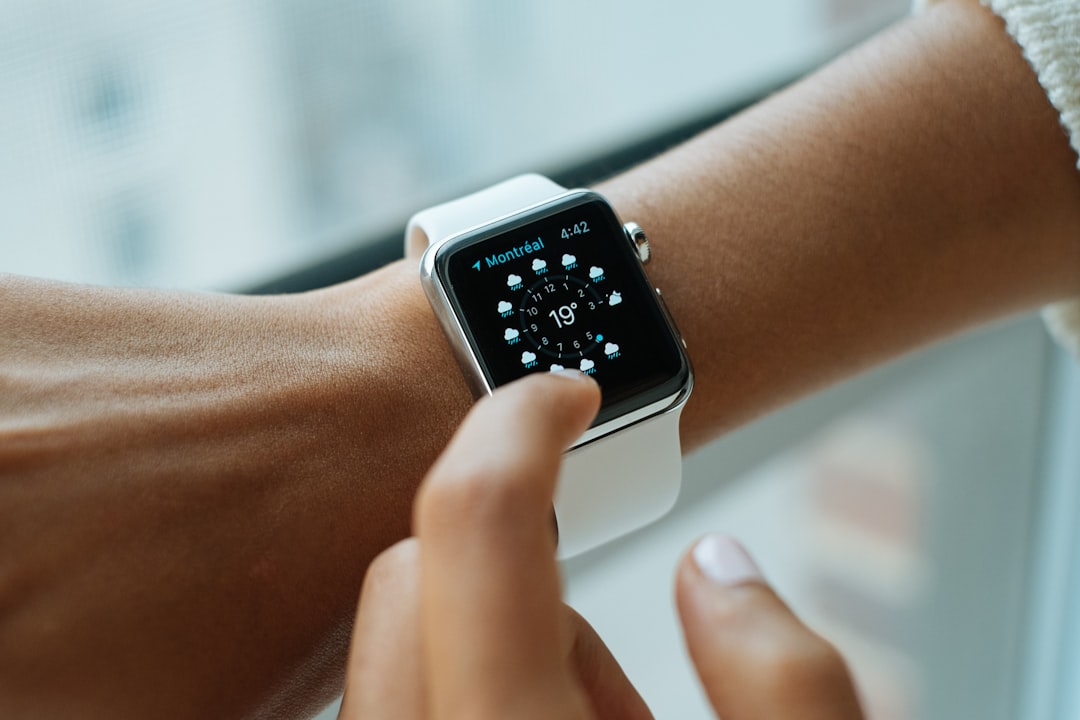The Impact of Technology on Teenagers' Mental Health
Technology and Teenagers' Mental Health
Technology has become an integral part of our daily lives, and teenagers are no exception. From social media to video games, teenagers spend a significant amount of time online. While technology has many benefits, it can also have negative effects on teenagers' mental health. In this article, we will explore the impact of technology on teenagers' mental health and provide practical tips for parents and educators to help teenagers manage their technology use in a healthy and balanced way.
The Impact of Technology on Teenagers' Mental Health
Smartphone Addiction
Smartphone addiction is a growing concern among teenagers. Studies have shown that excessive smartphone use can lead to sleep disorders, anxiety, and depression. The constant notifications and social media updates can also contribute to a sense of FOMO (fear of missing out), which can lead to increased stress and anxiety.
Social Media
Social media has become a ubiquitous part of teenagers' lives, and it can have both positive and negative effects on their mental health. On one hand, social media can be a source of social support and a way to connect with friends and family. On the other hand, social media can also contribute to negative body image, cyberbullying, and social isolation.
Depression
Studies have shown that excessive technology use can lead to increased rates of depression among teenagers. This may be due to a combination of factors, including decreased physical activity, social isolation, and exposure to negative content online.
Practical Tips for Parents and Educators
Digital Detox
Encourage teenagers to take regular breaks from technology. This can include unplugging from devices for a certain period each day, such as during meals or before bedtime. Parents and educators can also set a good example by limiting their own technology use and engaging in non-digital activities with teenagers.
Healthy Habits
Encourage teenagers to develop healthy habits around technology use. This can include setting limits on screen time, avoiding technology use in the hour before bedtime, and engaging in physical activities and hobbies that do not involve screens. Parents and educators can also teach teenagers how to prioritize their time and balance technology use with other activities.
Parental Controls
Parents and educators can use parental controls to limit teenagers' access to certain websites and apps. This can help to prevent exposure to negative content and protect teenagers from cyberbullying. However, it is important to strike a balance between protecting teenagers and allowing them to develop independence and responsibility.
Conclusion
In conclusion, technology has both positive and negative effects on teenagers' mental health. While it can provide opportunities for social connection and learning, excessive technology use can lead to issues such as smartphone addiction, social isolation, and depression. As parents and educators, it is important to encourage healthy technology habits and provide guidance and support for teenagers in managing their technology use.
By setting limits on screen time, encouraging physical activity and non-digital hobbies, and using parental controls when necessary, parents and educators can help teenagers to develop a healthy relationship with technology. Additionally, modeling good technology habits and engaging in non-digital activities with teenagers can provide them with positive examples of how to balance technology use with other aspects of life.
It is important to remember that every teenager is different, and there is no one-size-fits-all solution to managing technology use. By paying attention to teenagers' individual needs and providing support and guidance, parents and educators can help teenagers to navigate the digital world in a healthy and balanced way.
If you are concerned about your teenager's technology use or mental health, it is important to seek professional help. Mental health professionals can provide additional resources and support for managing technology use and addressing any underlying mental health issues.
In summary, while technology can be a valuable tool for teenagers, it is important to be aware of its potential negative effects on mental health. By promoting healthy technology habits and providing support and guidance, parents and educators can help teenagers to navigate the digital world in a healthy and balanced way.
How Social Media and Technology are Affecting Teenagers: Understanding the Impact
About the authors - Authors are professional freelance writer specializing in creating informative, engaging content for a variety of audiences. This article is meant for general information only and not an expert advice. We hope that readers find it helpful in understanding The Impact of Technology on Teenagers' Mental Health. Technology and teenagers' mental health technology and teenagers' mental health

